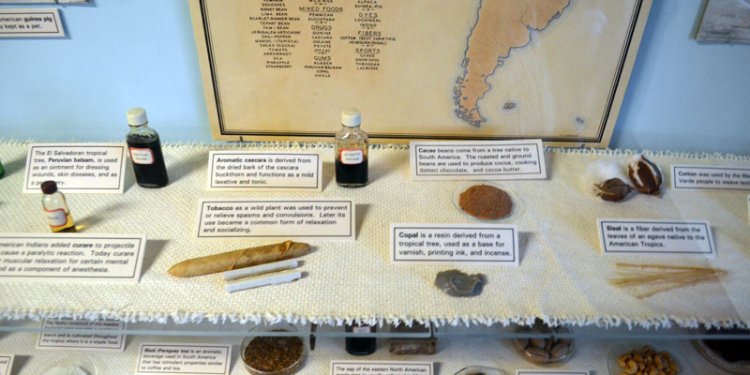
Case Peanut review
On December 2, 2015, the Fourth Circuit issued its published opinion in In this case, appellant Severn Peanut Co. (“Severn”) asked the Fourth Circuit to overturn the lower court’s grant of summary judgment for appellee, Industrial Fumigant Co. (“IFC”) on both the breach of contract and the negligence claim. The Fourth Circuit ultimately affirmed the grant of summary judgment because the consequential damages provision in the contract overcame the breach of contract claim and North Carolina law does not allow a plaintiff to pursue a tort claim under the guise of a contract claim.
Background
Severn entered into an agreement with IFC to apply a pesticide, phosphine, to its peanut storage dome. The parties signed a Pesticide Application Agreement (“PAA”) which detailed that Severn would pay IFC $8, 604 for the pesticide services. The contract specified that the sum excluded IFC assuming any risk of “incidental or consequential damages” to Severn’s “property, product, equipment, downtime, or loss of business.” It also stipulated that the pesticide would be applied according to the instructions on its label.
The label on the phosphine requires the user to avoid the pesticide tablets from piling up because this could lead to fire or an explosion. Despite this warning, IFC dumped 49, 000 tablets of the pesticide into the peanut dome through a single hatch. The pile up of the tablets caused a fire and an explosion. Severn’s insurer paid to cover Severn’s loss of peanuts, business income, and the damage to the peanut dome. Severn filed against IFC for breach of contract and negligence. The District Court granted partial summary judgment for IFC on the breach of contract claim because it found that the consequential damages clause in the PAA excluded a claim for breach of contract. It also found Severn to be contributorily negligent, and thus granted summary judgment in favor of IFC on the negligence claim.
Breach of Contract Claim
The Court examined the consequential damages limitations in North Carolina. It found that this doctrine allows parties the freedom to contract. It strongly stressed that it would not overhaul a valid enforceable contract that both parties agreed to and signed. It held that the consequential damages doctrine may only be limited if the clause is unconscionable. The Court found that overall the doctrine is a widely used tool for completing business.
In application to Severn’s case, the Court held that the language of the PAA established a valid consequential damages clause, and the items damaged fell within this language. It also found that the clause was not unconscionable. A clause is unconscionable when no reasonable person would view the contract’s result without feeling injustice. However, this clause was conscionable because it was between two experienced business parties who contracted specifically to include the provision; it was a fair result according to the contract.
The Court also rejected Severn’s argument that the clause was a violation of public policy. The Court refused to find consequential damage clauses against public policy without a clear indication from the North Carolina courts, of which there was none. It held that North Carolina law provides other criminal and civil penalties for the misapplication of the pesticide, so there was no reason to hold private liability as the only means of enforcement. Thus, the Court affirmed summary judgment on the breach of contract claim because the contract was an agreement between two sophisticated commercial entities who should be held to the terms of the contract they signed.
Negligence Claim and Economic Loss Doctrine
While the Court agreed with Severn’s argument that the ruling of contributory negligence ignored material facts, it still affirmed the grant of summary judgment for IFC because of the economic loss doctrine. The Court found that the negligence claims would not survive the assent to the consequential damages limitation. The economic loss doctrine “prohibits recovery for purely economic loss in tort when contract…. operates to allocate the risk.” The doctrine encourages parties to allocate the risk of loss themselves, as they are in the best position to do so.
In this case, Severn wanted to claim a remedy in tort for IFC’s breach of duty to apply the pesticide according to the label, which is the same source as their breach of contract claim. Yet since Severn bargained to limit consequential damages caused by breach of contract they cannot be allowed to try to undo that bargain using tort law. Additionally, the Court found that the storage dome and peanuts were not outside of the contract, and were not exempt from the economic loss doctrine.

















